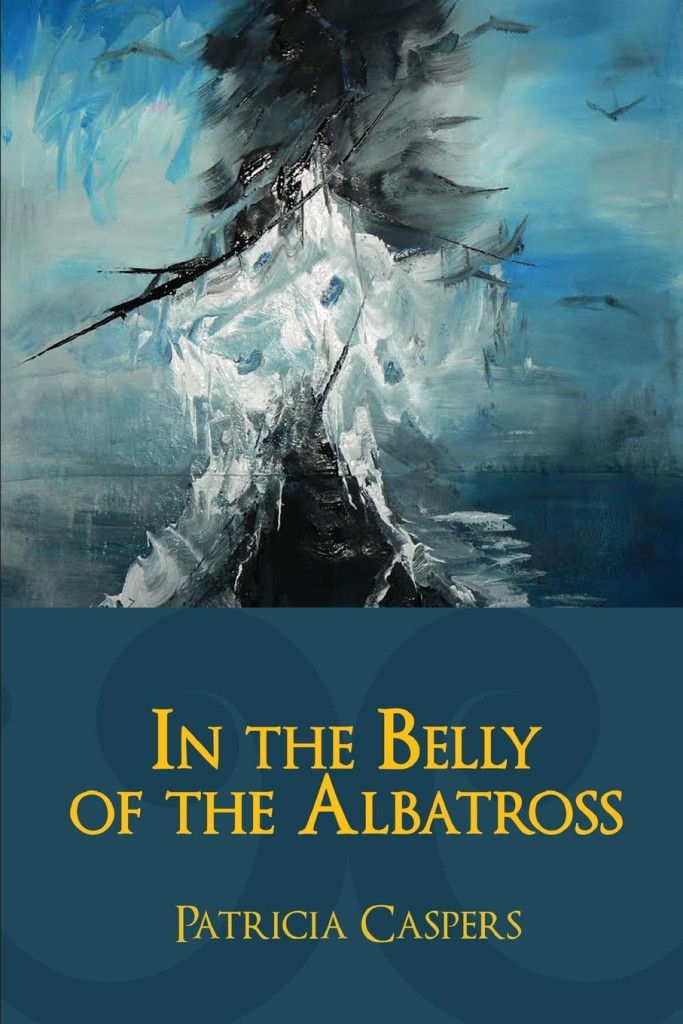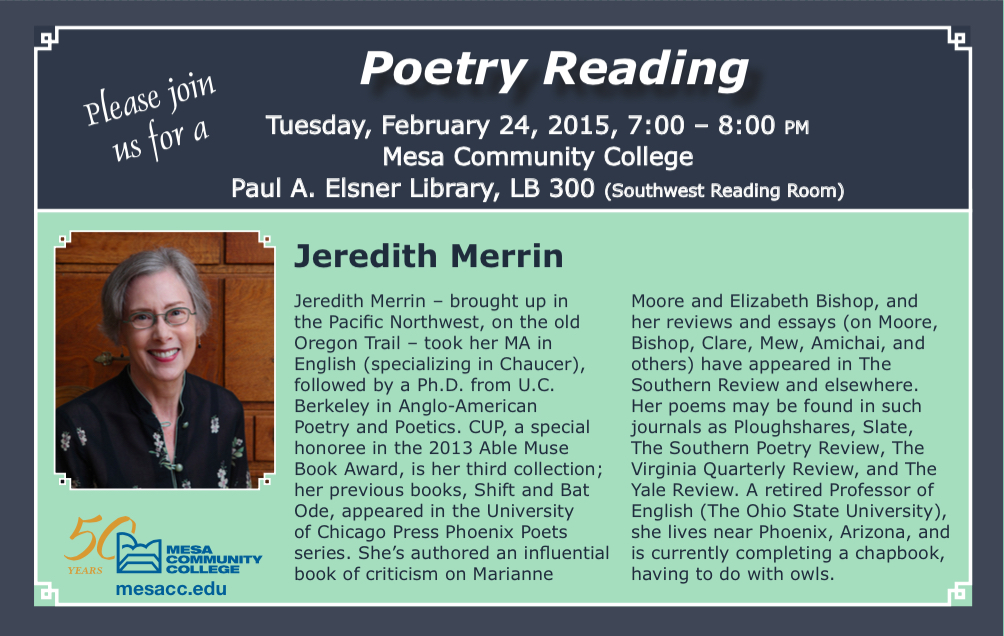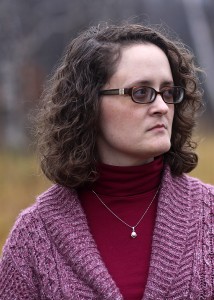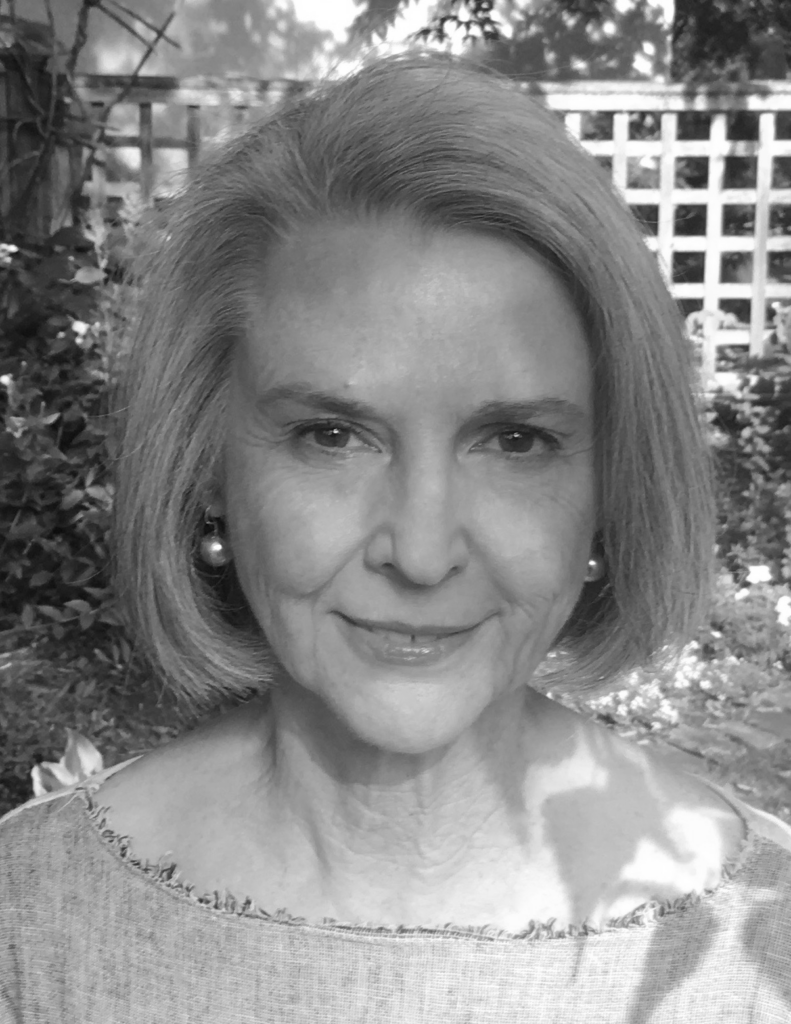
Lynn Sloan 
Patricia Ann McNair
Lynn Sloan is a photographer and the author of This Far Isn’t Far Enough, a story collection, and Principles of Navigation, a novel, chosen for Chicago Book Review’s Best Books of 2015. Her stories have appeared in Ploughshares, Shenandoah, American Literary Fiction, nominated for the Pushcart Prize, and included in NPR’s Selected Shorts. Her photographs have been exhibited nationally and internationally. For many years she taught photography in the MFA program of Columbia College Chicago, where she founded Occasional Readings in Photography and contributed to Afterimage, Art Week, and Exposure.
Patricia Ann McNair has managed a gas station, served as a medical volunteer in Honduras, sold pots and pans door to door, tended bar and breaded mushrooms, worked on the trading floor of the Chicago Mercantile Exchange, and now teaches in the English and Creative Writing Department of Columbia College Chicago. Her acclaimed short story collection Responsible Adults was released in December 2020 by Cornerstone Press. McNair’s The Temple of Air received Southern Illinois University’s Devil’s Kitchen Readers Award and the Chicago Writers Association Book of the Year Award. And These Are The Good Times was a Montaigne Medal finalist. She lives in Chicago with her husband, visual artist Philip Hartigan.
This interview is with past contributor, Patricia Ann McNair, conducted by Lynn Sloan, on March 1, 2021. It is in regards to Patricia’s new story collection, Responsible Adults.
Lynn Sloan: Patty, I’ve enjoyed and admired your work for years, so it’s a real treat to have a chance to ask you about your writing and your new story collection, Responsible Adults. Great title. It’s the title of one of your stories, but what it suggests, a bad situation where a sound, responsible adult is needed, can be applied broadly to this entire collection. Reversing those two words of the title to adults responsible also works. In these stories, it is usually the adult, the one in charge, who is responsible for the harm done. When in the process of pulling together this collection did you choose this title?
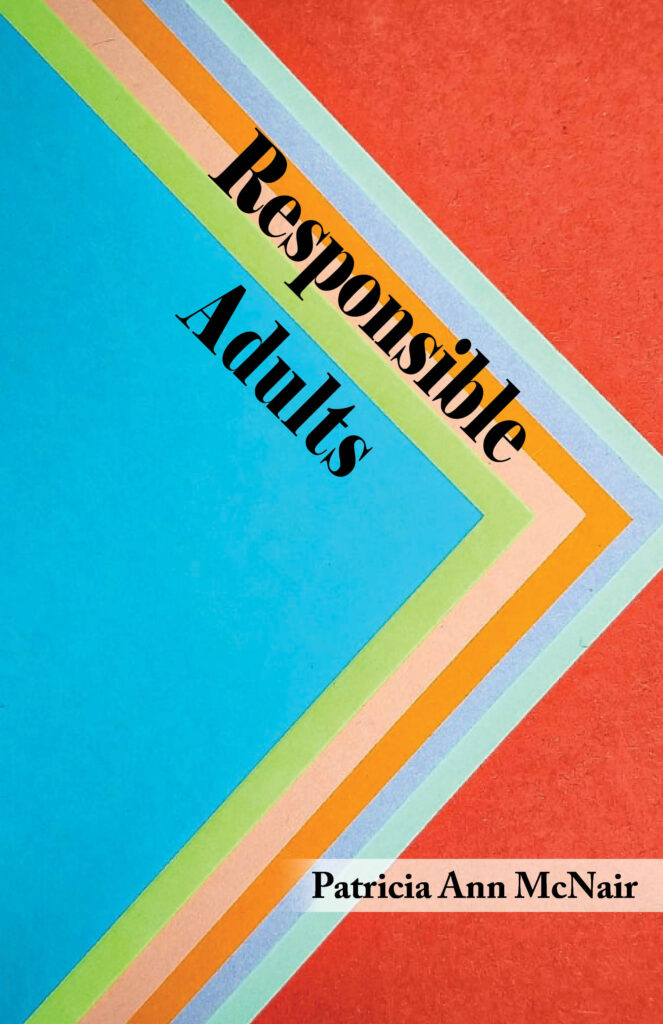
Patricia Ann McNair: Hello, Lynn, and what a pleasure to talk with you as well! I think you are exactly right that these stories and the situations the characters find themselves in ache for the intervention of a responsible adult. That was something that became clear to me as I started to put these pieces into a binder to see what they might look like as a collection. I hadn’t finished the story that the title Responsible Adults comes from quite yet, and in a way that has never happened before, the title for the collection came to me before I had a story for it. I just liked the sound of it, Responsible Adults, especially as I thought of it in regards to the relationships in the stories. “Who is responsible here” can have a different meaning from “Who is responsible for this?” One implies a sort of blame, an insinuation of guilt, the other assumes that someone is in charge. Each of these ideas speaks to my stories in some way, so, yeah, the title stuck with me. And then I had to find one of my unfinished, untitled stories that might make use of those two words as well. A sort of backward approach for me; I usually like to find a title that has surfaced organically in a story and can do double duty for the collection. But this time the title asserted itself into and onto the book.
LS: Most of your stories involve parents and their children. Though swift and taut, almost all of your stories cover an arc of many years, even when the present moment of the story lasts only a few minutes. In “Good News or Money,” an adult daughter calls her estranged father and leaves a series of phone messages. In “Responsible Adults,” the narrator says, “Time was something stretchy to me, long and short, short and long.” Can you talk about time in your stories?
PAM: I have always admired the kind of story that makes the reader feel as though the world of it existed before the first line, and will continue in some way after the last one. So as a writer, I need to establish a sort of continuum of time in the pages. Funnily enough, I usually do that through breaking the chronology of the story. A character—if we are trying to make them human—in any given moment has other moments behind them, and more ahead (usually, that is, unless we are talking about Tobias Wolff’s “Bullet in the Brain,” for instance). I like to visit those moments that are outside of the story, as a character would. “Good News or Money” features a seventeen-year-old girl who carries a lot of crappy memories that she is unwilling to let her father forget, so she excises them in her phone message. The story is meant to read as though it were happening in real-time, pauses and interruptions and all. And time is something stretchy to me, too, perhaps in this historical moment it is to all of us. In “What Girls Want” I especially jump around in time, in narrative distance, and this is partly because of the way the narrator is willing—and not—to admit their involvement in things, in the lives of others. His self-awareness evolves, his confessions are difficult and sporadic, his culpability spans years.
LS: In several of these stories, the relationship of care or responsibility is outside the family—a cop in “Serve and Protect,” and a teacher with her own troubles who faces a difficult teenage student in “Regarding Alix.” You teach writing, you’re a professor, you know the complications and limits of responsibilities of a teacher. Did that make this story easy to write or hard?
PAM: “Regarding Alix” is one of the more autobiographical stories in the book (although all of them have some part of me, some memory or observation or emotional tug of mine). In that sense, it was easy to write because of the closeness I had to the situation of teaching a group of teen-aged writing students at a boarding school. It was right after 9/11. During, really; our first day of the semester was September 11. Making that setting and using that tension—the overwhelming sadness and worry we all felt—apparent on the page was not too difficult. But I am interested in this idea of the responsibility of teachers, perhaps especially right now while we all have to renegotiate the way we teach and interact with our students. There was some of that when the towers went down, too. So much was out of our control, out of the control of our students. It is amazing to me that we survive these things, but we usually do. This current crisis is ongoing, and every day we hear about how students are suffering, struggling. And I can’t help think about us, too, the teachers. We are expected to be the responsible adults here, some would say we are paid to be. And yet, as in “Regarding Alix,” we are not always fully equipped to make things better. I think I veered away from the heart of your question there. Easy to write, maybe, but hard to do. Hard to shoulder my (our, their) responsibilities and to admit my (our, their) failings.
LS: One of my favorite stories is “What Girls Want” in which the dad blows up a suburban version of the American dream during an afternoon barbeque, alienating forever his wife and young daughter. But it’s his relationship to a neighbor kid, the boy who asked him, “What do girls want?” who later exposes the irrevocable damage the dad has done to himself. I loved this. How did you decide to use a secondary character in such a pivotal way?
PAM: Some years ago I saw a man I had known in college on the train. He, like I, was nearing middle age, and was a very different human than he was when I knew him. He had been an odd and sensitive kid in college; the man on the train was out of it, rocking and smiling and overdressed for the summer day in a heavy coat. He was a bit of a mess, actually. I carried that image with me for a long time; I saw him more than once, he didn’t remember me, I could tell. I looked for him whenever I was on that line at the end of the day. I suppose I knew I wanted to write a story about someone like him. Someone who gets lost as they become an adult, who migrates quite a ways from the nerdy, weird, interesting young person they were. The first draft of “What Girls Want” started with my recreated character on the train, but that wasn’t working. I needed to explore how he got there. I imagined him as a child, as someone that was both smart and annoying, in that way kids can be especially to some unaware adults. So I had to create a flawed, unaware adult. From there I let the character—Gregory—be more of a wrench than the gears of the story. His role was to mess things up for the main character—or at least to give the main character someone to blame for the things he messes up. The heart of the story is the stepfather/daughter relationship, and Gregory provides a sort of triangulation that pulls at that, creating an uneasy balance.
LS: People act badly in your stories and they harm others, others who rely on them. While your sympathy, and ours, is with the harmed, you also make us understand the anguish of those who cause the damage. At what point in writing do you explore this side?
PAM: God, we all make mistakes, don’t we? I don’t know about you, but every time I do something stupid or harmful (usually without intention) I hold so much guilt about it! I try not to be afraid of admitting when I mess up, but I also want to figure out why I do, and maybe try to explain it to whomever I have messed up against. I know I start making a story with an awareness of trouble, of bad behavior. That trouble happens before I can figure out much else, but it is never enough on its own to make a very good story. The people I know, the people I grew up with, the adults who were responsible in my life (and weren’t) are multifaceted. They misstepped, they fell and hurt themselves, maybe fell on someone else in the process. But that doesn’t always mean they shouldn’t be able to try to get up and step again. Even as I make my way through this answer, I am aware that there are folks I really do believe don’t deserve a second chance or our understanding. People who were recently in charge of so much, did so much damage. Some part of me does not believe that they are capable of change or betterment or even self-reflection. But in the everyday way of things, people screw up, and in my fiction, I believe it is important to consider why that might be, or what the consequences of the bad behavior might be on the doer, or how they might change because of it. In fiction—maybe more than in life, is this true?—the bad guys need to have more depth than just their badness. In fiction, characters must suffer their wounds. We, their writers, and they, the characters, owe that to the readers.
LS: As a writer who is always reaching for the next challenge, what comes next?
PAM: Well, immediately what comes next is surviving this semester of remote instruction. While I am teaching, it is hard for me to sink into the work I want to do, the writing of things other than assignments in a learning management system, comments on student work, complaints in my journal. This has always been the case for me, not just during this pandemic. But! But in just a few weeks I will turn my attention back to the work of a novel-in-progress. I am working on a story that takes place in a lake community in the seventies. There is infidelity, race issues, abortion, nosey neighbors. A sort of wet Peyton Place, you might say. Thank you for asking!
To order your copy of Responsible Adults click here. Also, be sure to also check out Lynn Sloan’s website as well as Patricia’s website, Twitter, and past work in Issue 3.
